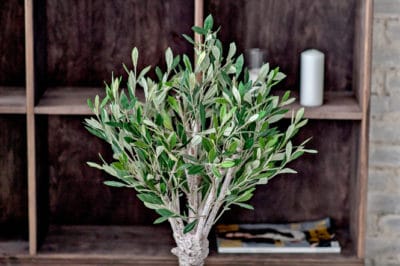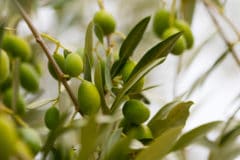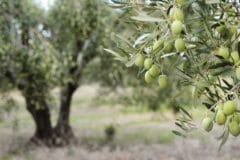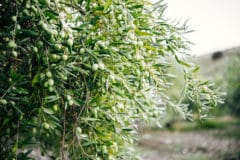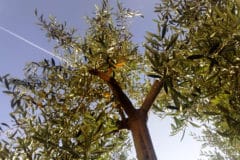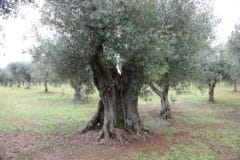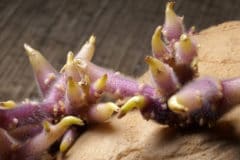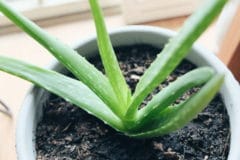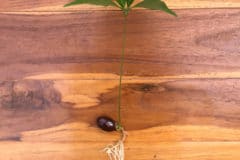Growing an Olive Tree Indoors in Cold Regions
Olive trees need hot, dry summers and mild winters to survive, but not everyone lives in climate zones 8 to 11 where olives thrive. So what can you do if you live in a cold area and still want an olive tree? Grow one in a pot indoors!
When planted outdoors in the right environment, olive trees can live for thousands of years. That’s not a typo. Olive trees are among the longest lived trees on the planet. When grown indoors, however, these trees only last a short time, but they are still worth planting in a pot, if that is the only way to grow one where you live.
Planting an Olive Tree in a Pot
If you are outside the normal growing regions for olives, you will probably need to order your young tree from a nursery or online store. Get ready to plant the tree before it arrives by making sure you have:
- A large planting container – the larger the better.
- A water catchment tray to place under the container.
- Sufficient potting mix to fill the container. Cactus planting mix works well.
- A warm and sunny location to place the tree after it is planted.
Gardening Tip: Do not add gravel to the bottom of the container, but do make sure it has several holes for drainage.
Fill the bottom of the container with moist soil, then carefully place the tree into the pot and add more potting mix until the soil is 1 to 2 inches (2.5 to 5cm) from the top of the container. Firm the soil gently as you add it, and be sure the potting mix is moist before you add it to the pot.
After planting, put the pot on the water catchment tray and water it thoroughly. Then put the tree into the sunniest location you have indoors. Olive trees are damaged or killed by temperatures below 20ºF (-6.6ºC), and they grow best when the temperature is in the range of 75º to 90ºF (24º to 34ºC).
Caring for an Indoor Olive Tree
Care for your indoor olive tree by watering it before the soil dries, fertilizing twice a year in spring and late summer, and pruning to limit size.
If possible, move the tree to a sunny location outdoors when temperatures permit. Watch for scale and ant problems, and treat them as soon as possible if they occur.
